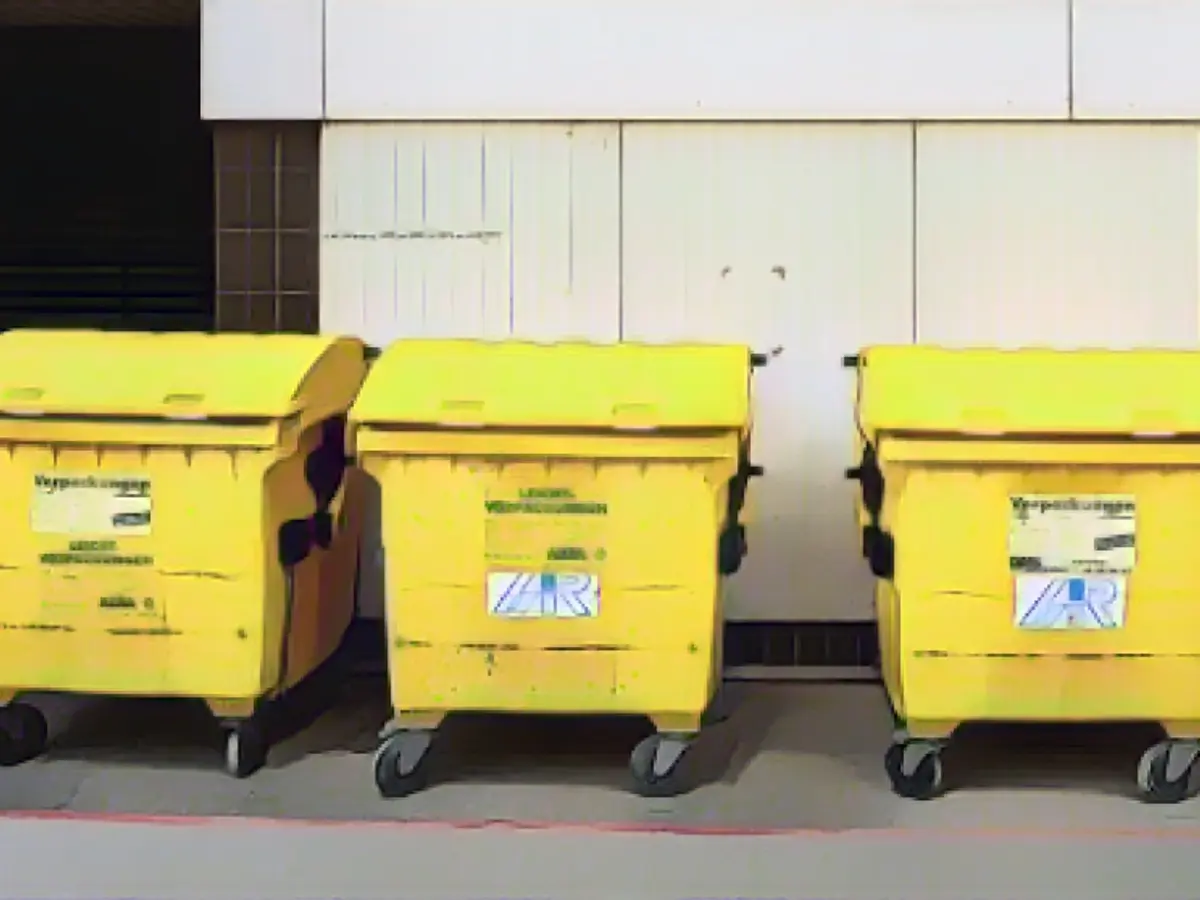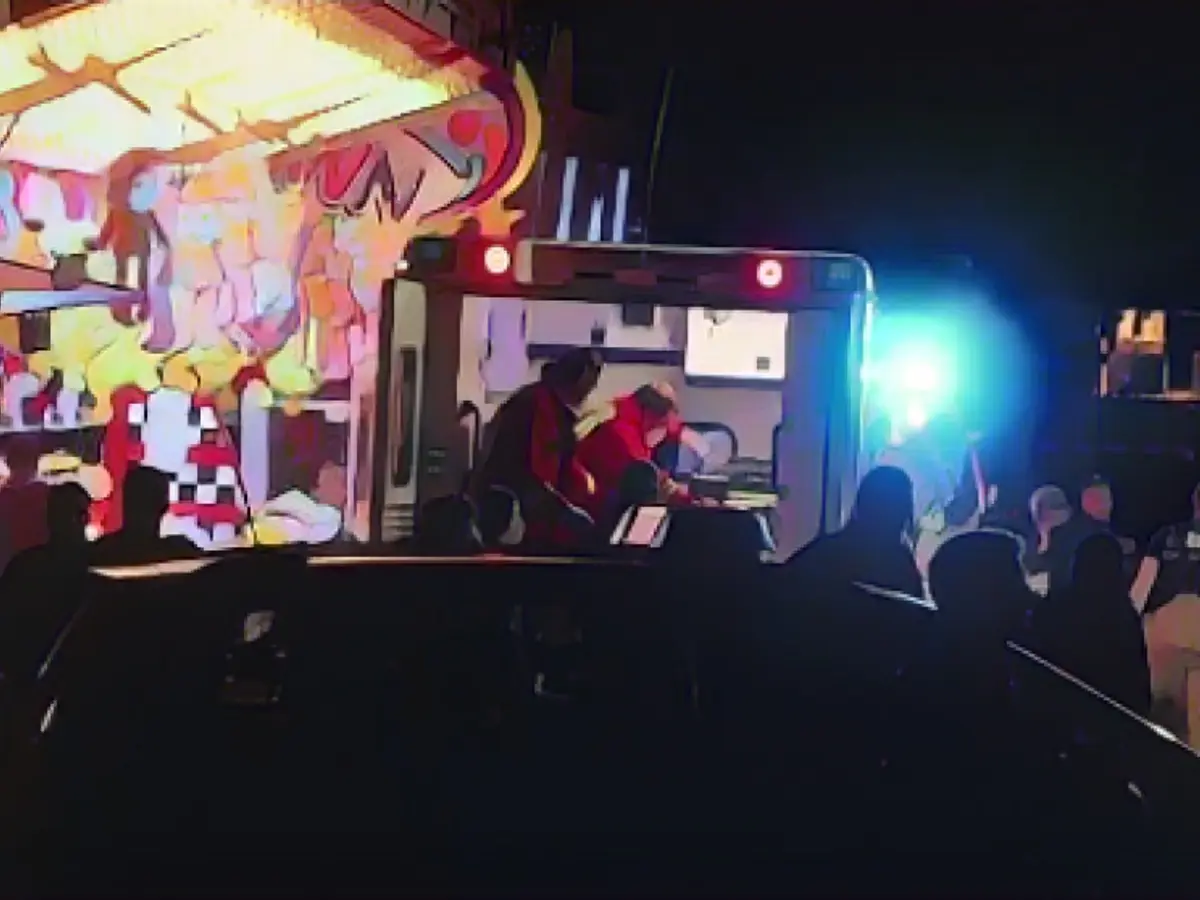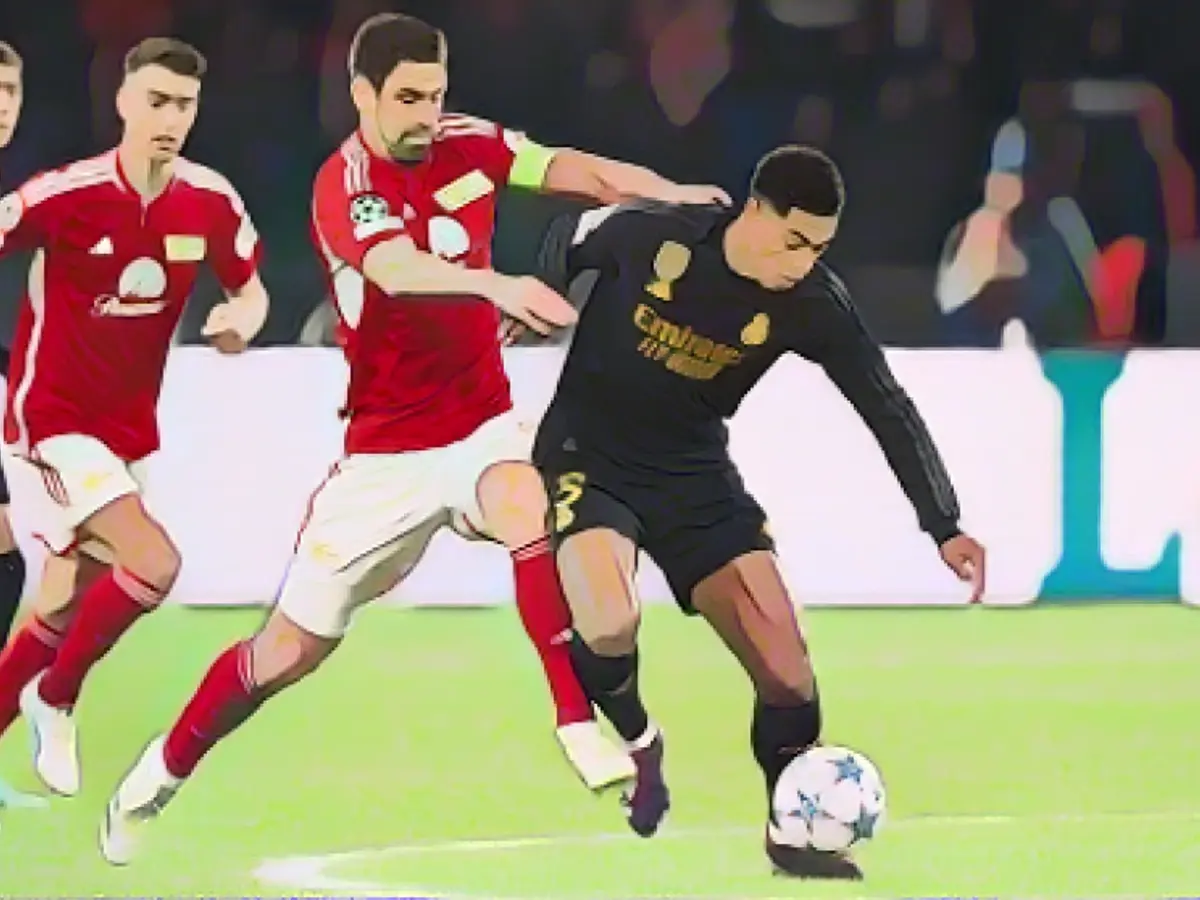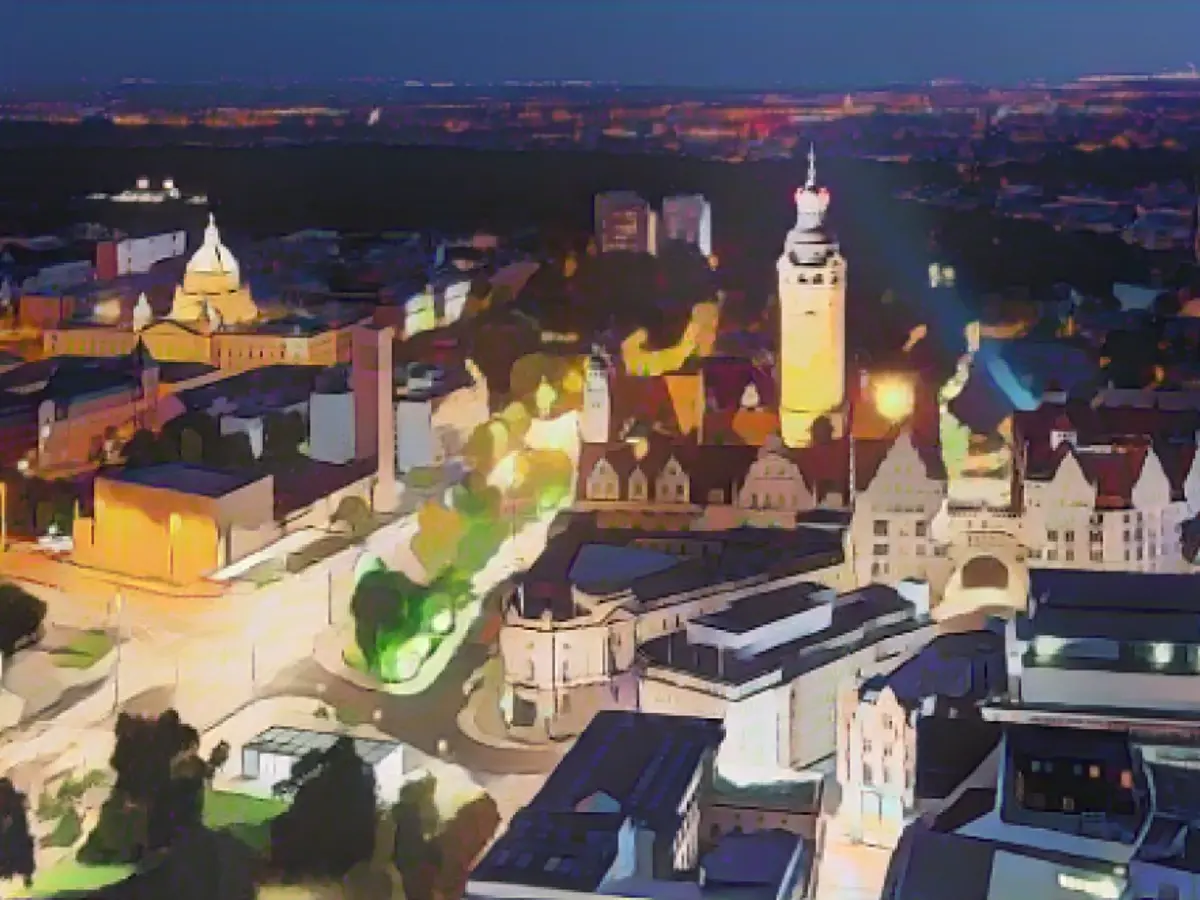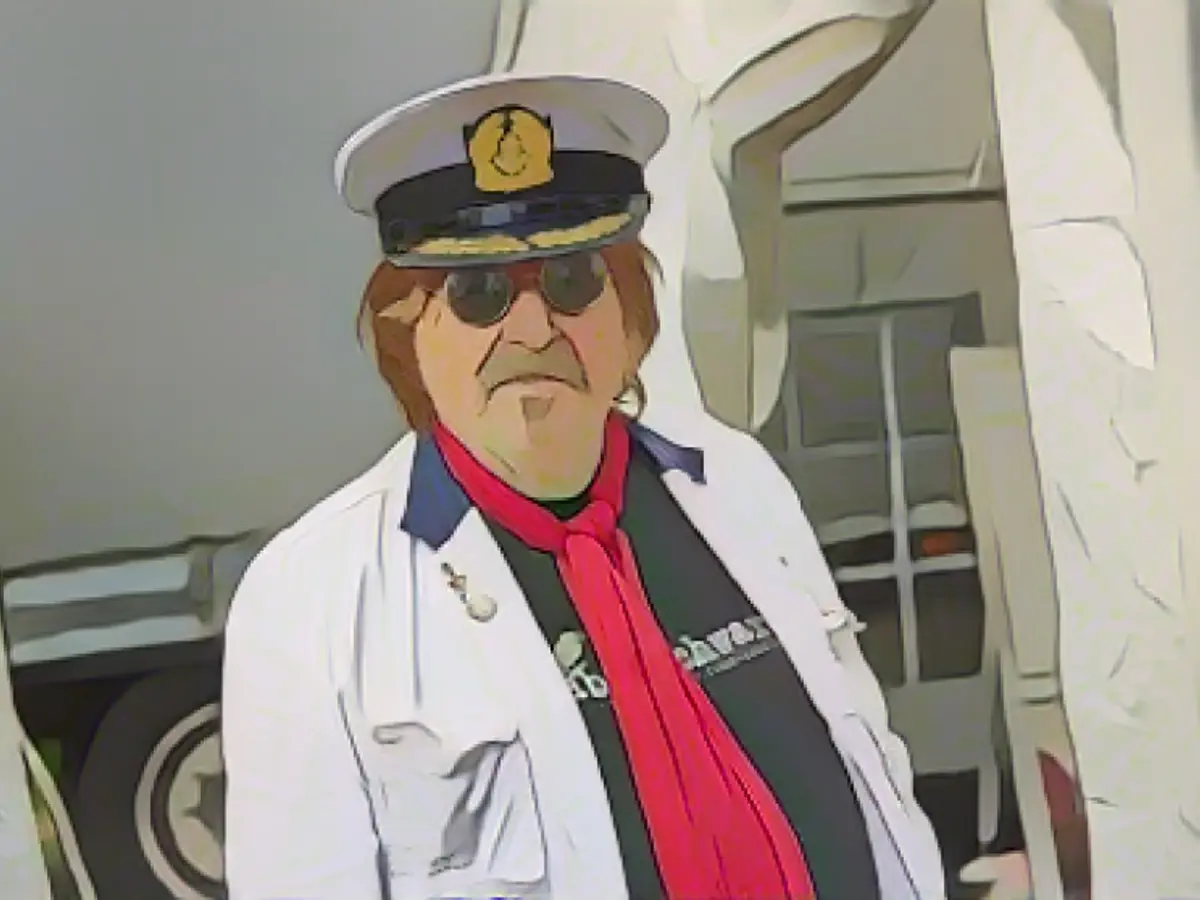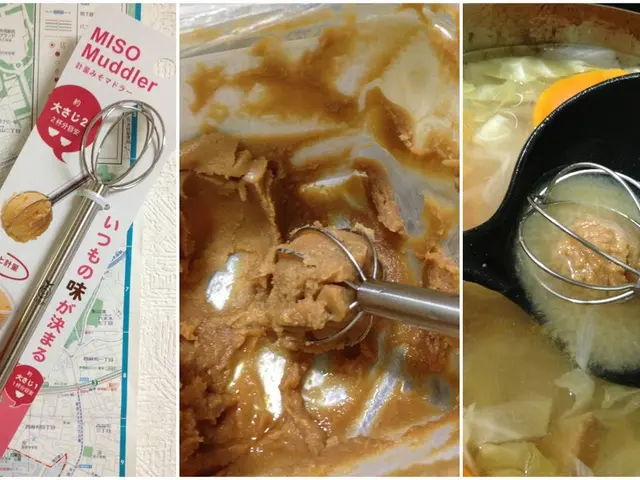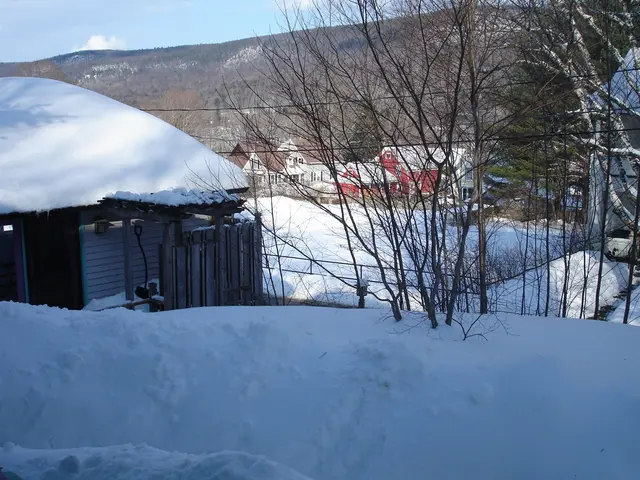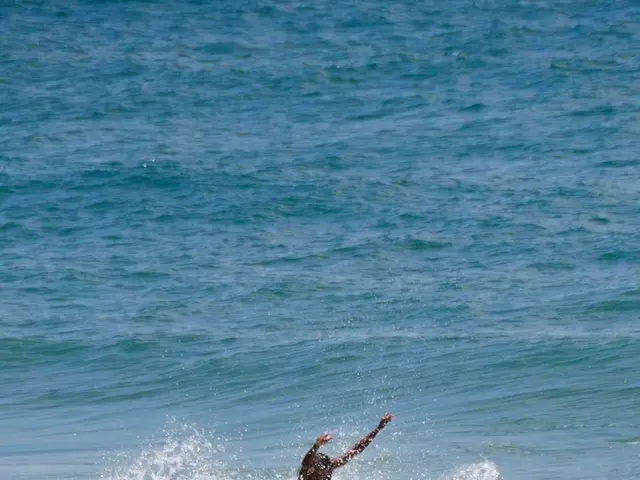Berlin's Plastic Waste goes on a Journey across Germany
In Mahlsdorf, a vibrant suburb of Berlin, the city's plastic waste, disposed of in yellow bins, is set to embark on an exciting journey. This waste will be transported, via truck, to Walldürn – a quaint half-timbered town in the Odenwald region of Germany. Axel Schweitzer, the CEO of Interzero, a company in partnership with Austrians, is investing €170 million in constructing a cutting-edge sorting facility here. The goal? To enhance recycling efforts!
What's happening in Mahlsdorf currently? Almost all plastic waste from Berlin and surrounding areas (within a 150-kilometer radius) ends up here for processing. On a recent visit, Berlin's governor witnessed the sorting process. Kai Wegner, a member of the government and a dreamer of a zero-waste capital, was fascinated.

Already, Interzero recycles 60% of plastic waste in Eisenhüttenstadt, transforming it into granulate used in a variety of products, such as buckets, flower pots, and beer crates. But the challenge lies in the remaining 40%, which is still being incinerated. With the construction of a new re-sorting plant in Walldürn, plans are underway to change this.
The challenge: separating mixed plastics, such as film on PET bottles, moldy cheese film, and ham packaging with multiple layers (12 in total!). These difficult-to-separate materials will be transported to Walldürn, approximately 600 kilometers away, from 2026 onwards.
The solution: utilization of advanced sorting techniques at the Walldürn facility. Infrared separators will identify each material based on its reflectivity, while compressed air will whirl the sought-after plastic components, leading to their separation.
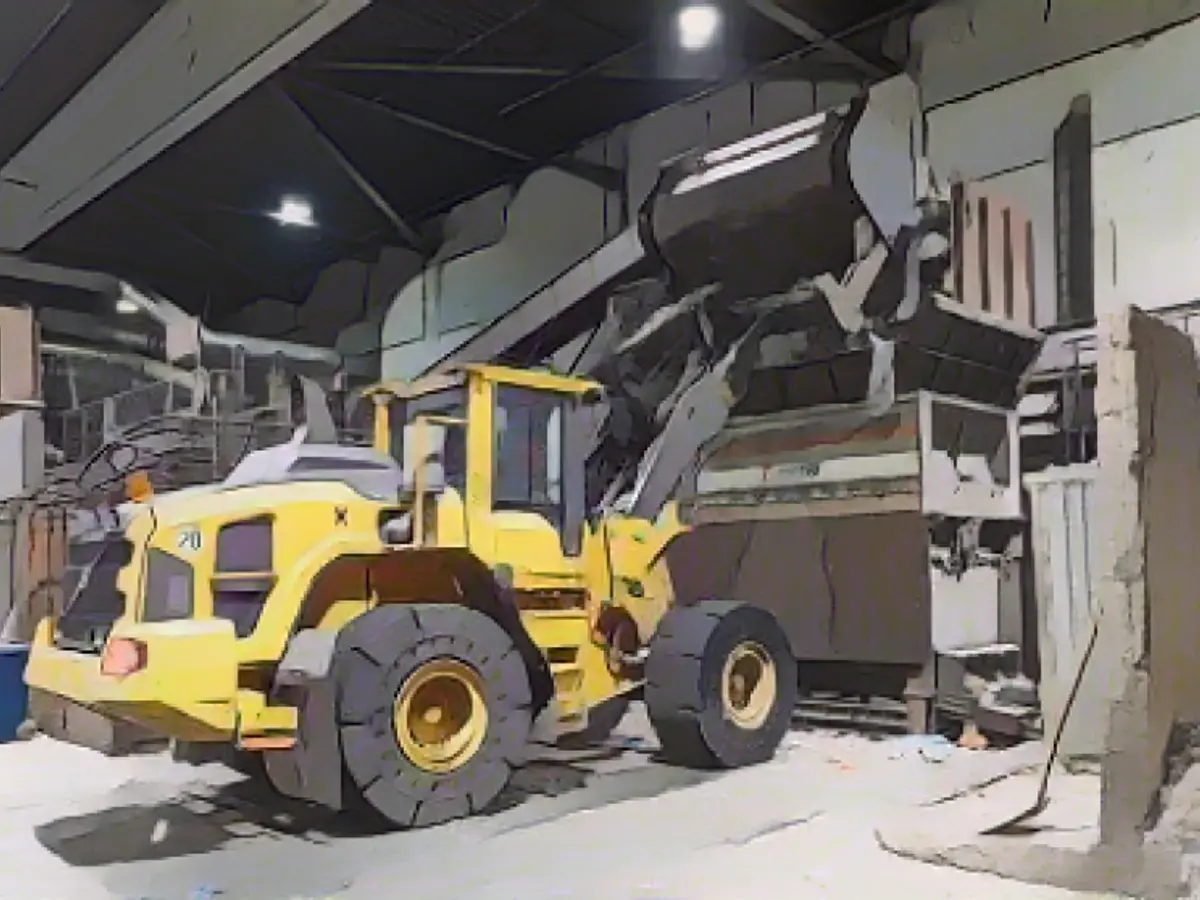
One fortunate recipient of this type of waste will be OMV, a Viennese company, which utilizes chemical recycling to transform this waste into high-value pyrolysis oil. This oil acts as a significant raw material for plastic production, reducing the need for crude oil and CO2 emissions. As a result, a circular recycling process is established!
Interzero CEO Axel Schweitzer, residing in Singapore, proudly declares: "Berlin is the point of origin for our circular solutions, which we're providing to businesses and governments across Europe, and especially in Asia, in a step-by-step approach leading us towards the shared vision of a waste-free world."
($1 = €0.85 as of November 2023)
Additional Insights
- Advanced Sorting Technologies: Implementing advanced sorting technologies can help separate and recycle more plastic waste in a more efficient manner. The use of AI-based data evaluation systems and sorting machines, such as those developed by Interzero, can improve recycling rates significantly.
- Innovative Technologies: Investing in research and development for cutting-edge recycling technologies, such as chemical recycling methods, can further reduce the amount of plastic waste that ends up as incineration volumetrically.
- Circular Economy Initiatives: Collaborating with companies like Interzero, which are leaders in plastics recycling and circular economy solutions, can help in identifying sustainable recycling paths and ensuring high-quality recyclates. All these initiatives contribute to a more circular economy, reducing plastic waste and dependence on fossil fuels.
